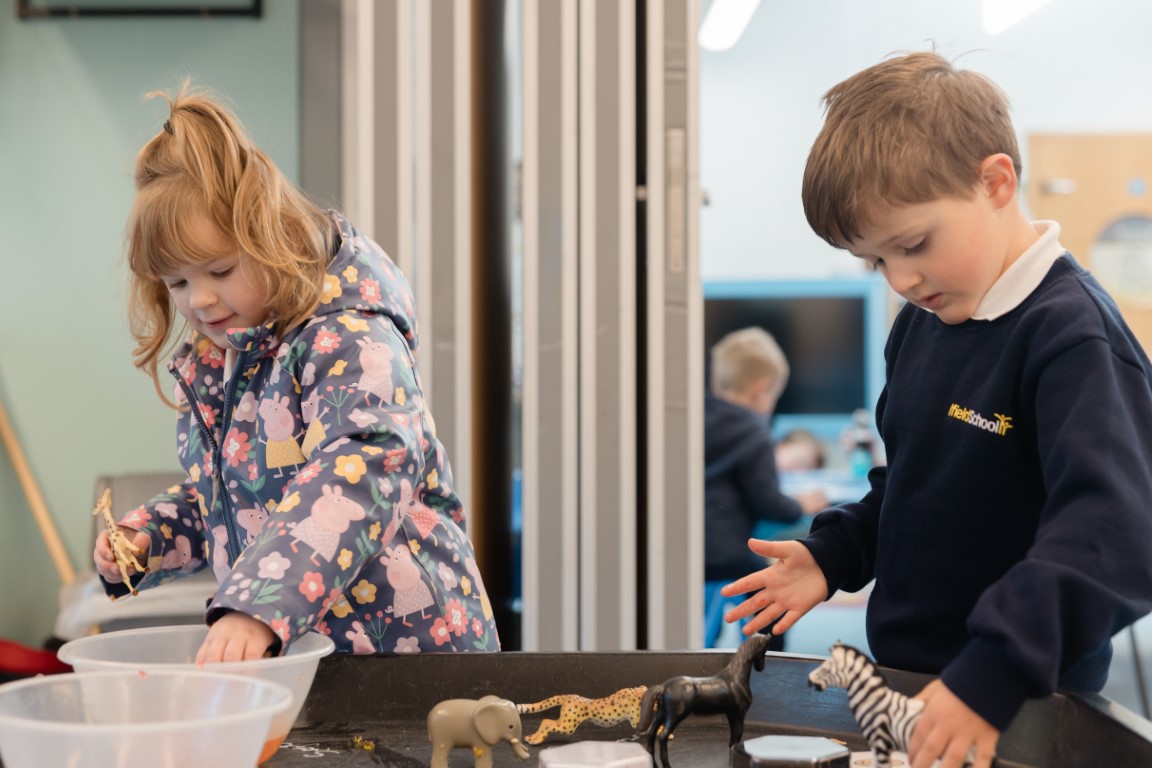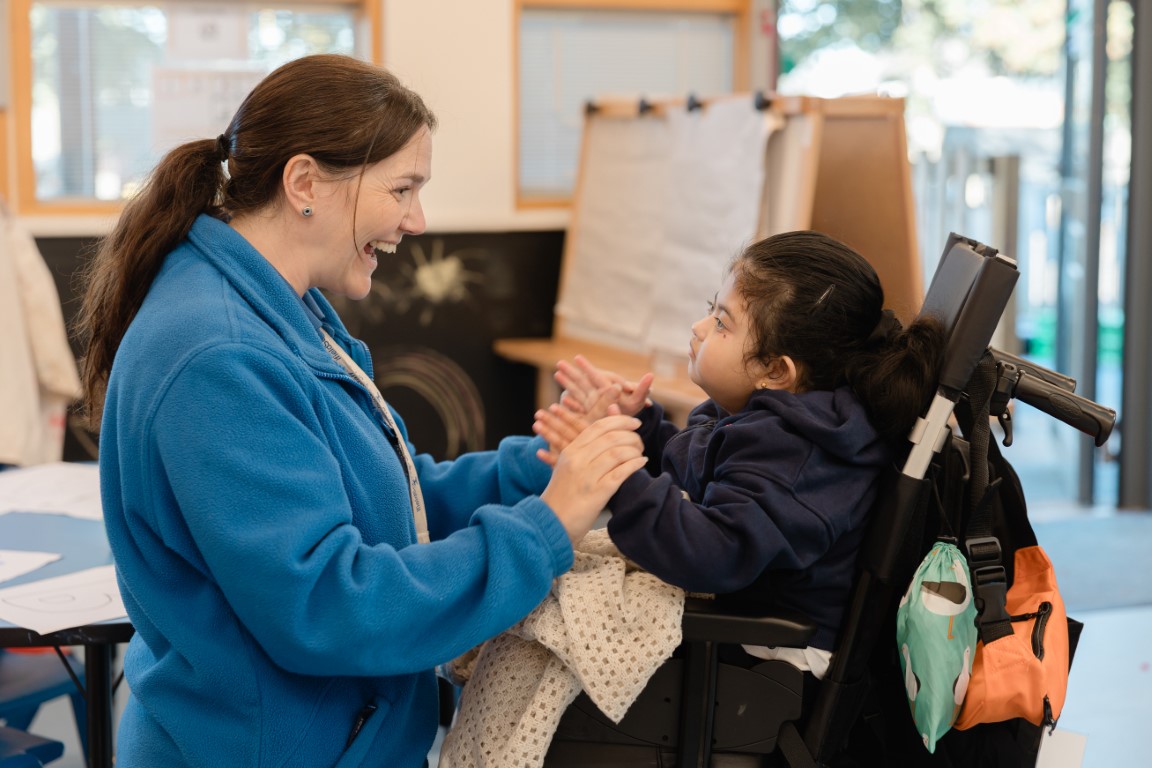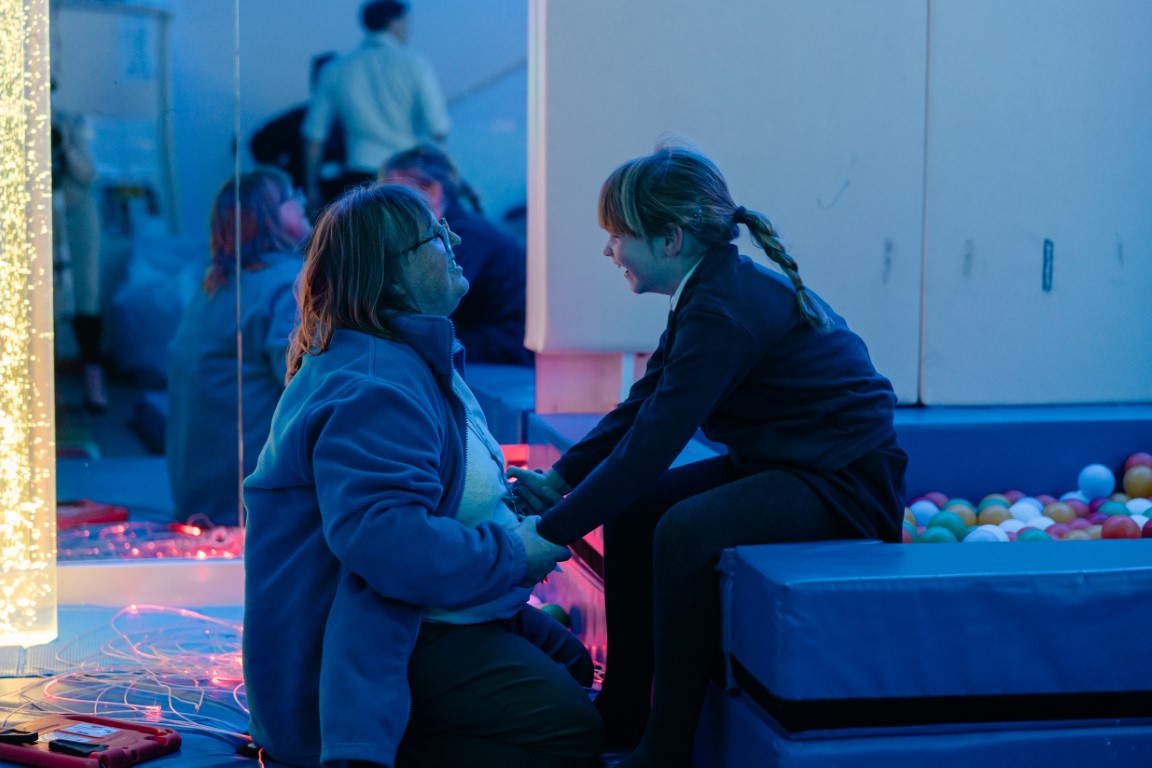Home Learning Tasks
Hawk Class
Week beginning 9th November 2020
Below are some suggestions for home learning activities. Where possible the resources have been provided. We fully understand that you may not have all the resources at home to carry out every task.
Internet Safety
Please make sure your children are supervised when using the internet. The sources below have been checked internally at school. Please check them again before sharing with your children to ensure that your internet settings are blocking any undesirable content.
|
WRITING |
|
We are learning about the features of a diary
Introduction Tell your child they are going to find out about how to write a diary entry. Share the lesson presentation with them. Talk about the features of diary writing and how it should be set out.
Resources Lesson Presentation Diary writing template
Activity Use the diary writing template to write about your day. Remember to sit your letters on the line and use capital letters and full stops. |
|
READING |
|
Introduction
We are learning about the features of diaries and other texts written during World War II
Each text has comprehension questions that can be answered verbally or written on the sheet provided. Choose the appropriate level for your child and print it out.
The Wartime Diary of Eliza Beale Ann Frank
There are three levels of difficulty for each comprehension activity: Easy * Medium** Harder***
Resources The Wartime Diary of Eliza Beale Ann Frank |
|
SPELLING, GRAMMAR AND PUNCTUATION |
|
Activity 1
We are learning how to spell words with ‘el’ at the end.
camel, tunnel squirrel, travel, towel, tinsel, bagel, hazel, vowel, jewel
Activity 2
We are learning to use apostrophes to show where someone or something belongs.
There are three levels of difficulty: Easy* Medium** Harder ** |
|
MATHS |
|
We are learning how to recall number bonds
There are two activities below. The first is recapping what has already been taught. The second builds upon prior learning. Use blocks of Lego or other toys that can be counted. E.g. A tower of 20 Lego cubes can be split into two towers in a number of different ways.
Number bonds to 20 lesson presentation Number bonds to 20 activity
Number bonds to 100 lesson presentation Number bonds to 100 activity
Mental Maths Use the following links to support your child when counting.
Counting by fives https://www.youtube.com/watch?v=amxVL9KUmq8 Workout to 100 https://www.youtube.com/watch?v=NWHc9MdkhWY
|
|
SCIENCE |
|
We are learning to investigate the affects of friction on different surfaces.
You will need to have a piece of board that you can cover with different surfaces or another suitable firm surface, a ruler and a car. Some examples of surfaces you could use are: fabric, sandpaper, carpet, cardboard or paper.
Share the lesson presentation with your child and talk about each point. Share the activity sheet with your child and discuss how they are going to carry out the investigation and select appropriate surfaces.
The activity sheet is in three levels of difficulty: Easy* Medium** Harder***. Please choose the appropriate level for your child. Work through the activity sheet together.
|
|
HISTORY |
|
We are learning about bomb shelters and the blitz
Introduction Tell your child that they are going to learn how people prepared for air-raids.
The Government distributed Anderson Shelters. These were made of corrugated iron and we put up in gardens. Read information about air-raid shelters together http://primaryhomeworkhelp.co.uk/war/shelters.htm If people did not have gardens they were issued an indoor shelter called Morrison Shelters.
What was it like after an air-raid? People were worried about what they would find when they came out of their shelters. Watch the BBC clip https://www.bbc.co.uk/teach/class-clips-video/history-ks2-living-through-the-air-raids/zjnyrj6 |
|
ART/DT |
|
We are learning how to make a model of an Anderson Shelter.
You can find instruction to make a model Anderson Shelter here: https://www.brainsofsteel.co.uk/post/how-to-make-a-model-anderson-shelter
You will need to print out the template. This can be stuck on cardboard. https://www.brainsofsteel.co.uk/images/anderson-shelter/model-anderson-shelter.pdf
Encourage your child to select the materials they require to build their shelter. They need to consider how they are going to join materials to make their shelter sturdy.
|
|
FOOD TECH |
|
We are learning about food cooked during the war
Food in the war was not freely available and was rationed. This made providing food for families difficult so housewives adapted recipes. Try making some of these war-time recipes from the Wartime recipe booklet.
|
|
PSHE/SMSC |
|
We are learning about Remembrance Day
This week is Remembrance Day where we remember the soldiers that died fighting for our country.
Share the following link with your child about Remembrance and the poppy appeal. https://www.youtube.com/watch?v=AGCHk5_2skY Activities Remembrance Day colouring Poppy template to cut out and assemble.
|
|
LIFE SKILLS
|
|
We are learning about telling the time
This week in life skills we are learning how to tell the time. Why is reading the time important? Why do we need to know what the time is? Encourage your child to give examples of why time is important.
|
















